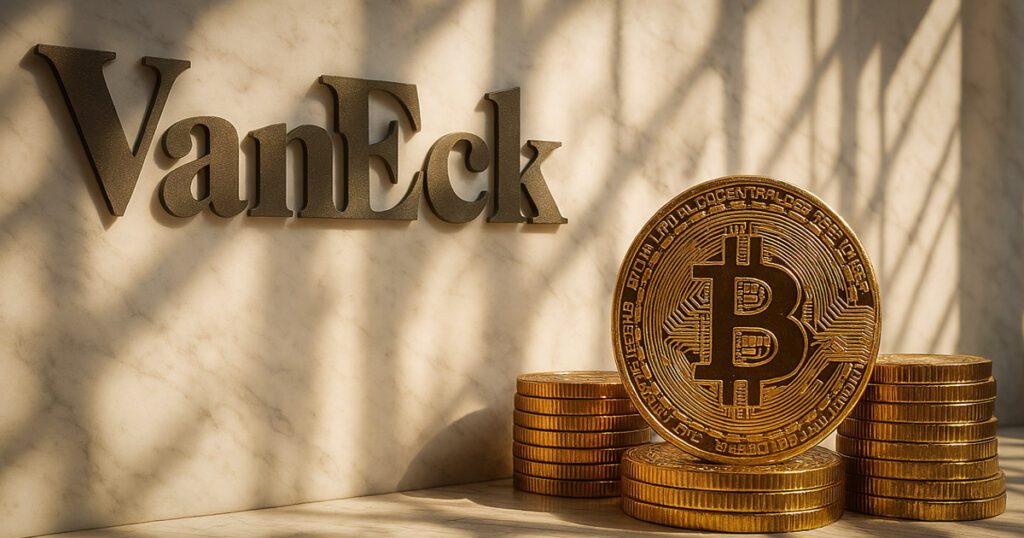The new reciprocal prices of US President Donald Trump over 180 countries have rekindled world trade tensions, which has aroused new interest in Bitcoin (BTC) as a strategic financial actor, according to Vaneck’s digital asset leader Matthew Sigel.
After the April 2 announcement, Bitcoin went to the fork of $ 81,000 in the middle of a broader risk of risk. However, the flagship crypto stabilized and surpassed the actions in the days that followed.
Sigel has attributed resilience to the growing call of bitcoin as a neutral active in times of economic uncertainty. He wrote in an April 4 client::
“Although slower growth is not optimistic for Bitcoin, the potential political response is: if the prices drag on GDP without triggering a new wave of inflation, the Fed can have the possibility of reducing rates.”
He added that this reintroduced the liquidity conditions in which “Bitcoin has historically excelled”. He also underlined the growing attraction of neutral financial infrastructure as traditional systems are becoming more and more politicized or “armed”.
Nations adopting bitcoin
Sigel highlighted recent developments that demonstrate how Bitcoin’s role in world trade continues to evolve, several nations turning to digital assets for cross -border regulations.
Intelligence reports have revealed that China and Russia have started to establish selected energy transactions in Bitcoin and other digital assets, marking a significant gap of traditional dollar systems.
Bolivia, faced with constraints on foreign reserves and payment networks, announced in March an energy import plan using digital assets as payment rails.
In Europe, the French public service supported by the EDF State explores the exploration of Bitcoin as a use for excess electricity which it currently exports to Germany at a loss. EDF would consider interior exploitation as a means of monetizing the excess supply in a volatile energy price environment.
According to Sigel:
“These are no longer theoretical use cases. We see a real -time monetary realignment. ”
He argued that prices could act as a catalyst for this transition by forcing nations to reassess their dependence on financial systems dominated by the United States.
He wrote:
“In this context, the latest prices are not only an economic history, they can be an accelerator for the role of Bitcoin in the emerging multipolar order.”
Fed, Dollars index and ETF flows
Sigel advised investors to closely monitor the federal reserve policy, while travel in terms of rate expectations and liquidity historically increase Bitcoin.
He also underlined the US dollar index (DXY) as a critical indicator, suggesting that any dollar weakness could strengthen Bitcoin status as a hedge.
Despite the recent market volatility, the Bitcoin FNB of the United States US list remains positive net of around $ 600 million this year, supported by entries at the end of March.
Sigel noted that the continuous demand for ETF and activity on chain products reflects an increasing institutional interest.
Mentioned in this article




